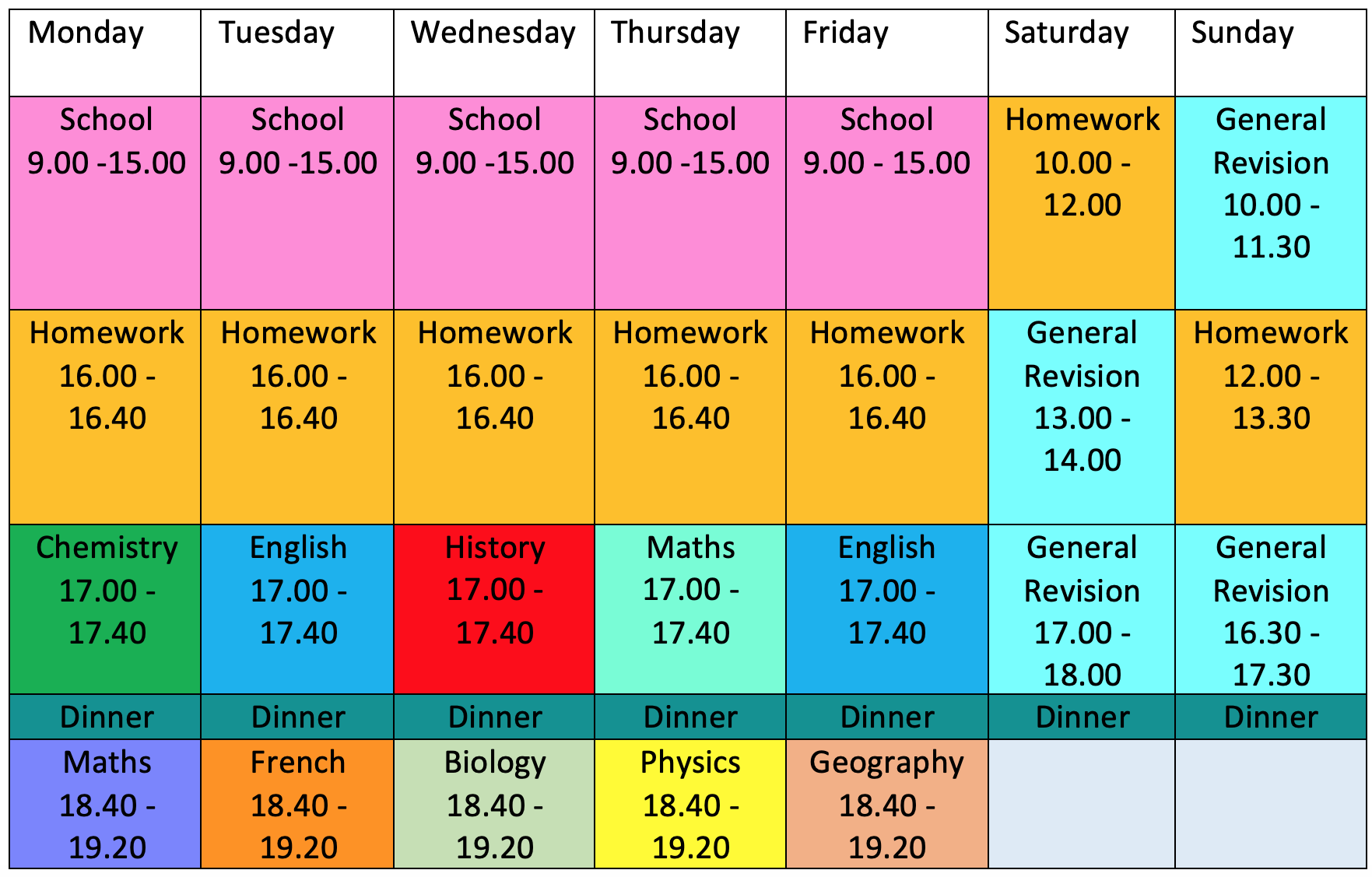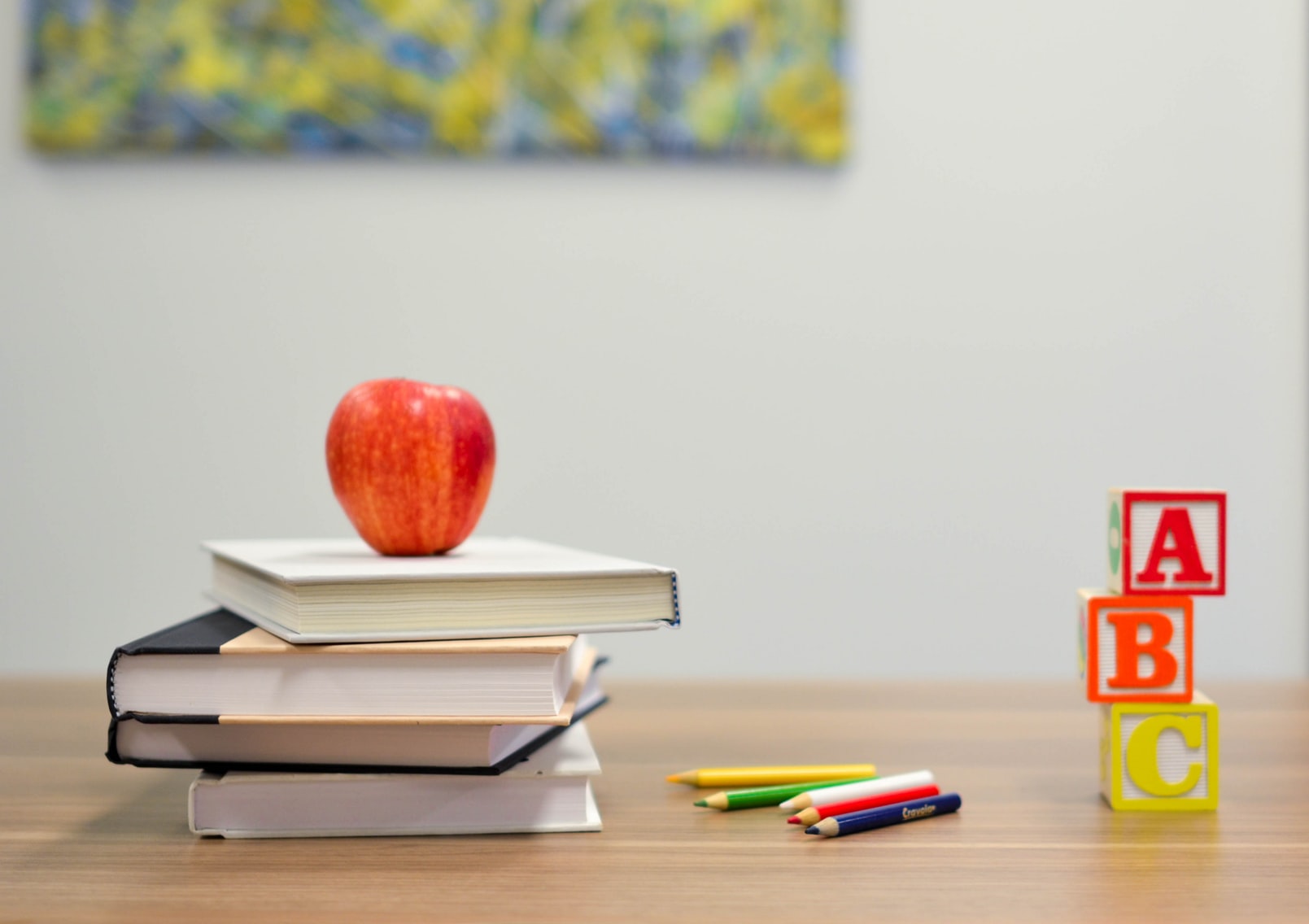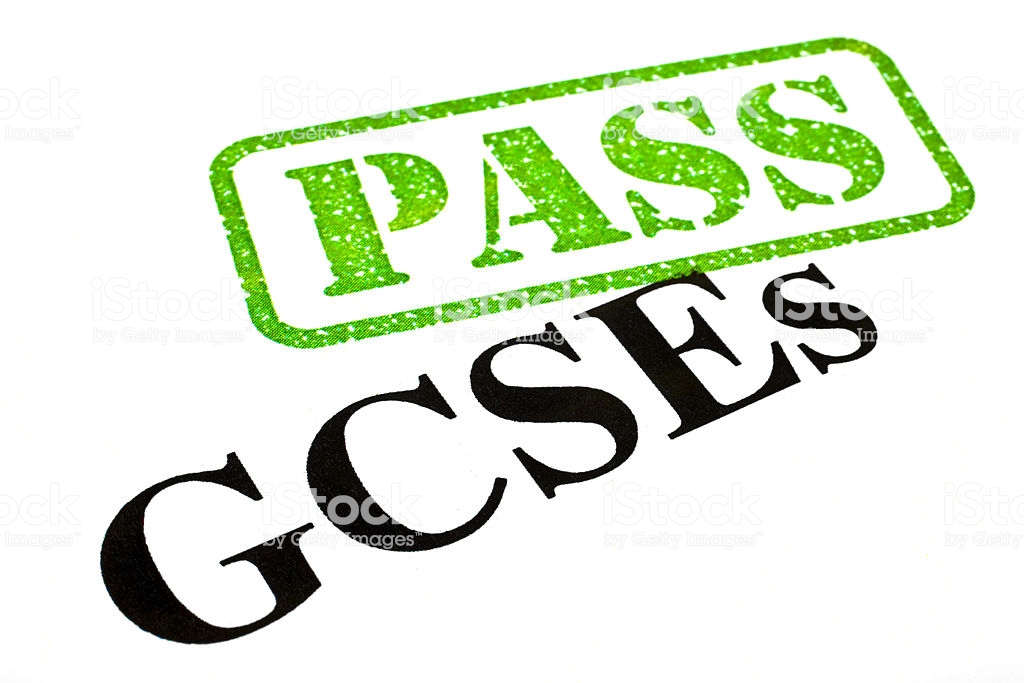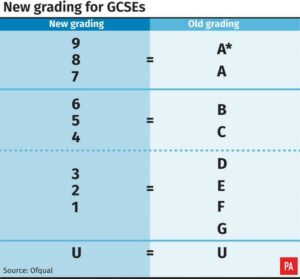Making learning fun for children

Homework and studying are a constant in every child’s life. It may seem like a chore, especially when the subject area is challenging. That’s why making learning fun for children is an easy solution, in order to engage with content and making the workload enjoyable.
Try following one of these tips to make learning fun!
Hands-on activities
Doing creative and hands-on activities will help to engage children through interactive learning. Activities can be tailored to the child’s interest, turning a chore into a fun activity.
Let them take control
Letting children take control of the activity or task will help them become more invested. This will enable the child to create their individual approach to learning, with their own, unique style. Motivate them in the subjects they are interested in and guide them in the ones they are finding difficult.
A visual approach
Make learning more visual through integrating colours, felt tips, paint – various arts and crafts, for a more hands-on approach. This will make the tasks engaging and exciting, so the child will want to participate!
Additional tuition
Our tutors at StudyBox believe in making learning fun for children, through activities and tailored sessions to the child. We use a range of approaches and monitor progress, boosting those grades whist making learning that little bit more enjoyable!
Call us on 02086428884 for a chat with one of our friendly tutors. To book a free trial with StudyBox, sign up here!
GCSE Revision Schedule

For students in year 11, GCSEs are the most challenging year in your life so far. Time management and creating a GCSE revision schedule is encouraged if you want to be on track to hit those predicted grades.
Follow these top tips to make this year that little bit easier for you and manage your time effectively:
Key Dates
Note down all key dates, for exams, mocks, deadlines, and so on. This way, you are prepared for everything in advance and can plan and organise your time around these important academic dates. There may be quite a few dates, so colour coding can help to organise them. For example, mocks can be in one colour, and exams in another, to differentiate.
Create a poster
Posters are a visual way of displaying important information, from key dates to revision notes. You can purchase A3 paper and display it in a large poster format somewhere visible, like the kitchen or on a bedroom wall, where you will regularly see them. For a revision poster, you can choose which topics and modules you’re going to study and stick to it, so that it’s easier to break down each subject. Leave blank time-slots on the timetable to go back to any topics that were difficult, or for testing yourself and going through what you’ve learnt.
Managing time
Decide how you are going to divide your revision time between subjects. You can choose which subjects require more attention, if necessary, or divide time equally. Make a list of strong topics and weaker topics, then decide how much time to dedicate for each one, and prioritise the more difficult subjects. Also consider how much material there is to learn for each subject, whether the subjects are essay-based and take longer writing out, and how progress is from feedback and recent test results.
Study space
Find a place that you concentrate best, and stick to completing your homework and revision here. Whether it’s the library or home, or maybe even a coffee shop, different people learn in different ways. You may find you prefer a busy or quiet environment, so find which way works best for you and stick to it.
Additional tuition
If there are certain areas that you are struggling with, perhaps consider attending after school tuition. StudyBox provides 1-1 support in GCSE maths, English and science. We have friendly tutors who are willing to help you to achieve your predicted grades!
To make your GCSE revision schedule a little more manageable, book a lesson with StudyBox today on 02086428884. Alternatively, sign up here for a free trial!
How to give your child an extra boost with learning

A child’s most important role model and teacher is their parent. A parent takes on board many job roles, asides from providing for their child, they are also responsible for educating and eventually preparing their child for the real world. In order for parents to give their child an extra boost with learning, it is important that they are well acquainted with their child’s timetable, in order to support them academically throughout their time at school.
Follow these tips on how to keep up-to-date with your child’s learning:
-
Monitor progress
Stay in the loop with your child’s progress at school. This will allow you to support them in difficult subject areas and encourage them with subjects they are progressing in. Ask them what went well with their day and what they are finding more challenging. Follow up on this by giving them an extra boost when needed and rewarding progress.
-
Stay connected
Stay connected with your child’s school by getting to know their teachers and going to all parent-teacher conferences. Ask the school what you can do to help your child if they are struggling in any areas. Attending every parents evening will further keep you up to date, through discussing progress between the parents, teacher and child. Checking regular report cards will give an indication as to where your child is academically, based on mock exams and in-class tests.
-
Keep up to date
Knowing their timetable and upcoming tests and exam dates is necessary for monitoring progress. This will ensure your child stays on top of revision and fully prepares for important exams.
-
After school assistance
Helping your child prepare for exams is necessary for giving them that extra boost in school. Statistics show that you are 50 percent more likely to remember something you’re revising by saying it aloud. Perhaps try reciting the material together and testing your child on the syllabus through a question and answer format. Help with homework and ensure this is completed by the deadline. Also encourage extra-curricular activity, like leisurely reading, online educational activities and sports.
-
Arrange additional help if needed
Being a parent is a full-time job; sometimes it is difficult to find the time to support your child whilst balancing everything else. Attending after-school tuition will establish a routine in a learning environment and free more time in a busy parent’s schedule, in order to give your child an extra boost with learning. StudyBox Tuition provides one-to-one support in maths, English and science, tailoring lessons to the individual and building skills and confidence.
StudyBox has centres in Croydon, Sutton and Wallington, with two new centres opening soon in Epsom and Battersea. You can book a free trial here. Alternatively, call one of our centres to find out more, on: 02086428884.
The importance of reading for pleasure

The importance of reading for pleasure should be implemented from a young age. Reading has numerous benefits to health, concentration and learning.
Last week celebrated #NationalReadaBookDay and #InternationalLiteracyDay. It certainly honoured the importance of reading.
Here’s why you should encourage your child to read for pleasure:
-
Studies show that reading makes a difference to educational performance
Reading expands vocabulary and increases general knowledge. Not to mention developing language and communication skills which are useful for life.
-
Reading inspires imagination and creativity
When we read, we gain an insight into another fictional world. We follow the author’s thoughts and we use our own imagination to interpret characters and other worlds. It allows us to expand on our creativity and gain inspiration from other’s ideas.
-
Reading improves empathy
A study called “Mind the Eyes,” by Dr. Oatley and Dr. Mar, found that people who read fiction are able to empathise with others more effectively. The study consisted of participants reading fiction and non-fiction, then examining a collection of photographs of people’s eyes. The aim was to identify the expression of each pair of eyes from a short list, including shy, guilty and worried. Those who read fiction were able to more accurately identify the expressions over the non-fiction readers.
-
Reading improves focus and concentration
Reading involves the use of several brain functions, improving the brain’s connectivity. We are able to stop, think and process the story all at once. It is a form of escapism, allowing us to switch off and focus solely on one thing.
-
It reduces anxiety and stress
A study from the University of Sussex found that six minutes of reading reduces stress by 68%, being more relaxing than listening to music or having a cup of tea. This is because reading is more than a distraction, Dr. David Lewis states that it is ‘an active engaging of the imagination.’
The importance of reading for pleasure links to educational benefits, creativity and stress-reduction. If your child needs extra support in English, encouraging reading for pleasure will help with vocabulary, concentration and focus, to name but a few. Additionally, StudyBox offer one-to-one support with maths, English and science tuition.
Book your free trial here. Alternatively, call one of our centres in Croydon, Sutton or Wallington on: 02086428884.
Start off the year right

The academic year is upon us once again; it is important to start off the year right. The new syllabus is more challenging, so it is important to stay on top of the workload early on. It can be difficult for both children and parents to adapt to routine and get back into learning mode.
Follow these top tips on how to start off the year right.
-
Encourage reading for pleasure.
Find a genre your child enjoys and help them choose a book. Set aside twenty minutes before bed to wind down from a busy day and read.
-
Establish a routine.
Routine helps with organisation and time management. It starts from the minute your child wakes up until they go to bed. Set a time for breakfast, encourage them to pack their schoolbag the night before, a time for doing homework and for dinner. Once a routine is in place, days will be structured and tasks will be complete. Perhaps make a timetable and put it on display somewhere visible, as a reminder.
-
Help determine your child’s plans and goals.
Setting goals early on will ensure time for reaching these goals. Whether it’s achieving top marks in mock exams, staying on top of the workload or improving on difficult areas, it will take time and dedication. That’s why setting goals is a step closer to achieving them.
-
Create a working environment.
Dedicate an area for studying and completing school work, either at the kitchen table or in the study. Ensure this space is quiet and equipped with relevant supplies like stationary and paper. If there’s nowhere quiet in the house, find a local library or café to complete work.
-
Try something new.
A break from academia is important for de-stressing, so find what your child is passionate about. Whether it’s drawing, sports or music, encourage them to pursue an extra-curricular activity.
-
Attend additional tuition.
If your child is struggling in certain areas or needs an extra push, why not try additional tuition? StudyBox is a tuition company that offers one-to-one support in maths, English and science. Be one step closer to excelling in exams with StudyBox.
If you want to get a head start in September, sign up for StudyBox today! Book your free trial here. Alternatively, call one of our centres in Croydon, Sutton or Wallington on: 02086428884.
How to get a head start in September

Are you wondering how to get a head start in September for your child?
Starting the new academic year can be stressful. Especially for students going into Year 10 and 11, about to start their GCSE preparation and exams. It can be daunting not knowing what to expect.
Beginning GCSE preparation as early as possible is essential for receiving good grades. Here are some useful tips for succeeding in exams.
Attend additional tuition
After-school tuition at StudyBox provides one-to-one support and customised lessons to each child. Therefore, our tutors are able to evaluate and focus on which areas that the student finds difficult. The sooner the student starts revision, the better they are able to grasp the topic. StudyBox offers GCSE, SATs and 11+ tuition.
Short, regular study intervals
A study by Dr. Dave Haylock shows that regular revision in short intervals is the most effective way to revise. ‘Revise little but often,’ Haylock suggests, which will also reduce stress. This effect is known as “spacing,” which allows the material to be remembered again once revisited.
Start revision early
Dr. Cecile Brich says it is vital to ‘start your revision early.’ Keep up with the workload and make notes as you go. Remember to write clear notes in class and build on these notes using revision guides. ‘This is not something you can do well by cramming the night before. Working regularly and keeping notes up to date makes revision much more effective and much less stressful,’ Dr. Brich advises.
Set a timetable
A revision timetable is an effective way to keep organised and on top of revision. Dedicate a few hours per day for each subject and stick to it.
Find a method that suits you
Everyone learns differently. If you are unsure how to revise, test these different methods until you find what works best for you:
- Mind map: Write the subject in the middle, then the topic coming off the first branch. Branching off from this, write keywords and bullet points to trigger the material.
- Colour coding: Write the topic as the heading and subtopics underneath. Bullet point the material in short sentences. Use different colour pens or highlighters and colour code each topic.
- Flashcards: Write each topic on a flash card. Bullet point the information underneath each topic. Read the cards throughout the day and take them with you wherever you go.
- Reciting: Ask a relative or friend to test you on the material, having you repeat the information back to them.
Break down each subject
The GCSE syllabus consists of multiple subjects, each containing in-depth material to revise. In order to make the workload bearable, it is recommended to break each subject down into topics. This way, the workload seems less daunting and each topic can be ticked off a list once completed. It is also easy to return later to the topics that are more challenging.
If you want to get a head start in September, sign up for StudyBox today! Book your free trial here. Alternatively, call one of our centres in Croydon, Sutton or Wallington on: 02086428884
GCSE Results Day 2019

GCSE results day this year falls on Thursday 22ndAugust 2019.
This week, students across the country awake with anticipation to find out what grades they have received in their GCSE exams.
Students can collect results from their school on the morning, usually from 10am. Results can also be received via email from 8am, if requested from the school.
What is the importance of GCSEs?
GCSE results signify the end of secondary education and determine the next step. Whether it’s continuing higher education and starting A Levels, doing an apprenticeship, or going into full-time work, there are plenty of options.
What happens when my child receives their GCSE results?
On GCSE results day 2019, students will find out whether they’ve received their predicted grades and have been accepted into their 6th form or college of choice, should they wish to continue into higher education. They will also find out whether they are accepted onto their chosen A Level subjects.
Back-up options are also selected when applying for 6th form or college. This is in case a student doesn’t receive the predicted grades to get accepted into their first choice.
New GCSE Grading System
This is the second year that the numerical grading system has been implemented. Grades rank from 1-9, (where 1 is the lowest and 9 highest), in order to differentiate amongst the brightest students. Read more about it here.
What if my child doesn’t receive their predicted grades?
If a student doesn’t achieve their predicted grades, there is no need to panic – there are plenty of other options available. Contacting the 6thform or college and finding out about other options is advised. Sometimes, the institute will accept lower grades, or offer an alternative subject to study. Another option is requesting a paper remark from the exam board, at a charge. This comes with a risk of the grade being marked lower than the original received grade, however. If a student thinks they have been marked incorrectly, they can appeal an exam result. This can be done by asking the school to get the result looked at again, or requesting it from the board themselves.
Alternatively, exam resits take place in November 2019. Asking the school for information about exam resits is the best way of finding out the details. StudyBox offers tuition for GCSE resits in November, simply call one of the centres in Croydon, Sutton or Wallington to enquire.
If none of the above options are possible, it could be worth changing a career plan and exploring something new, like doing an apprenticeship or considering BTEC qualifications.
Good luck to everyone on GCSE Results Day 2019! But if the results were different to what was expected, don’t panic. There are always plenty of other options to consider.
Call StudyBox today on 02086428884 or sign up online for a free trial!
International Youth Day 2019

International Youth Day 2019 brings to attention the 1.8 million young people in the world. This is the largest youth population there has ever been, making a sixth of the human population.
From this figure, 1 in 10 of the world’s children live in conflict zones. 24 million are out of school. As a result of this, there is an increasing isolation of youth in societies, due to conflict and political instability. It is easy to forget that education is a privilege which not everyone has access to.
The 2019 theme of International Youth Day is ‘Transforming Education.’ At StudyBox, we believe that education is imperative for paving a better future. This is why we support, motivate and challenge our students to help them get where they want to be.
This year’s Transforming Education theme highlights efforts to make education more inclusive for all, including efforts from youths themselves.
Education is necessary for diminishing poverty, achieving gender equality and improving job prospects. As a result, the government, youth and youth-led organisations are working together. They aim to transform education into a fundamental tool for all.
Currently, “only 10% of people have completed secondary school education in low income countries.” Moreover, “40% of the global population are not taught in a language they speak or fully understand.” (United Nations)
Quality education plays a crucial role in youth development, which is why constant learning from a young age is important for shaping and growing the individual. StudyBox offers maths, English and science tuition, as well as a coding course. Our courses include the 11+, GCSEs, SATs, mocks, which is all important for paving the path to the next step in life, be it secondary school or GCSEs.
Book your free trail here, or call us on 02086428884 today!
National Playday 2019

The 7th August is National Playday 2019! This special day highlights the importance of play in children’s lives.
On this day, children are particularly encouraged to participate in local community events, which are created specifically for National Playday. Alternatively, children can have fun with their own activities at home, or visit a local park.
The 2019 Playday theme is ‘play builds children.’ Children learn and grow through play, so it is important for them to have fun and develop in this way.
At StudyBox we offer a Kids Coding Lab course, where children can program and play with robots. We also run maths and English tuition sessions, so children can keep their minds active as well, this summer. We are open throughout the summer from the 22ndJuly – 31stAugust, from 10am until 2pm. Why not book a free trial this week at our Croydon centre, Kidspace, and enjoy one hour of free play to celebrate Playday!
To commemorate Playday, there are loads of exciting activities this week for children to participate in:
Playday events across London:
-
Coram Fields Playday, 7thAugust 2019, 13.00-16.00pm
93 Guilford St, London WC1N 1DN
Fun, free activities for all, including face painting, bouncy castle, inflatable slide, arts & crafts, slime making, music and much more!
-
Islington Playday, 7thAugust 2019 12.00-16.00
Paradise Park, Mackenzie Road N7 8SE
Free event to celebrate Children’s Right to Play. Get creative with the cardboard city, enjoy hanging about in the nets among the trees, have a go at using tools, build a den, make slime or giant bubbles and much more.
-
Art4Space Workshops, 7thAugust 2019. 10.00-12.00, 14.00-16.00
Studio 1, 31 Jeffreys Road, SW4 6QU
Get creative with jewellery, jewels and fabric at this free workshop promoting wellbeing and connection. For 5-18 year olds (under 8s must come with an adult).
If you enjoy this workshop on Playday, there are other free workshops:
Wednesday 14thAugust: Earthly Matters & Clay Play.
Wednesday 24thAugust: Mindful Mosaic & Fab Printing.
Drop in, no booking required.
-
Redbridge National Playday 7thAugust 2019. 10.00-13.00
Hainault Youth Centre, 116 Huntsman Road, Ilford, IG6 3SY
Make your own smoothies, multi-sports for all ages, children’s yoga, face painting. *Free event.
-
Barking & Dagenham National Playday 7thAugust 2019. 11.00-15.30
Valence Park, Becontree, Dagenham, RM8 3EU
Free event for all families. Face painting, inflatables, messy play, crazy golf, and much more.
For more information on Playday events happening in London: http://www.playday.org.uk/region/london/
Activities in the Sutton Borough:
-
Summer Camp Modern Musical Week, 5th-9th 8.30-18.00
Sellincourt Primary School, Tooting, SW17 9SA
Singing, dancing and acting. Adaptations of some of the greatest musicals of our time.
£30 a day.
Book here: https://hoop.co.uk/blue-performing-arts/PsJI6Q-summer-camp-modern-musical-week/
-
Summer Tennis Camp, 5th-9th 9.00-9.45
Wimbledon Park Tennis Courts, SW19 7HR
Fun tennis camp for children.
£12 a day.
Book here: https://hoop.co.uk/teddy-tennis/DZ1VMV-summer-tennis-camp/
-
Mad Science Super Summer, 5th-9th 9.00-16.30
Joseph Hood Primary School, London, SW20 9NS
Science camps sparking imaginative learning through physical, brain-stimulating activities.
£44 a day.
Book here: https://hoop.co.uk/madscienceeast/VxIpYl-mad-science-super-summer/
-
Stagecoach Summer Workshop, 5th-9thAugust. 9.00-12.30
The Langdon Down Centre, Teddington, TW11 9PS
Fun and creative drama, singing and dance workshops for everyone – no experience necessary. Children will create a performance for friends and family.
£135 for a 5-day workshop.
Book here: https://hoop.co.uk/stagecoach-twickenham/VI7rKf-stagecoach-summer-workshops-the-big-top/
-
FUN Soccer School Holiday Camps, 5th-9th 9.00-12.00
Wandle Recreation Centre, London, SW18 4DN
Learn while having fun. Football training session, as well as fun filled day of football activities.
£15 – £20 for 1 day. £55 for a 5-day workshop.
Book here: https://hoop.co.uk/funsoccerschool/NUEHfD-fun-soccer-school-holiday-camps-summer-holiday-camp/
Jewellery Design & Wearable Workshop, 7thAugust. 10.00-11.30
Kite Studios, London, W12 9RY
Unleash your inner fashion designer with headpieces, belts and bags inspired by nature.
£15 for the day.
Book here: https://hoop.co.uk/kite-studios/XgYcrq-jewellery-design-wearable-work/
Celebrate Playday by booking a free trial with StudyBox today! Book here.
Alternatively, call 0208 669 4343 to book.
SATs and GCSE Curriculum Change

Did you know there was a SATs and GCSE curriculum change in 2016 and 2017?
New grading systems are put in place so a clear differentiation can be made amongst the brightest students.
SATs Curriculum
The SATs grading system was measured in levels, e.g. Level 4 was the expected level for students finishing primary school. Since its change in 2016, it is now scored from 80-120, where 100+ means students are meeting the government standard. The SATs writing assessments are graded by the teachers, who decide their student’s progress.
The Grading System
The GCSE grading was previously measured by a letter system, from A*- U.
Since 2017, a numerical grading system is now in place, from 9 (highest) to 1 (lowest).
This is understandably a confusing change to adapt to; made easier through comparing the letter grades alongside the numerical ones.
→ Grades 9, 8, 7 are equal to A* and A, with fewer grade 9s are awarded than A*s.
→ A grade 4 can be compared to a C.
There are two pass marks:
→ 5 = high pass (high C).
→ 4 = low pass (low C).
→ Gaining all 4s means passing all exams.

To test this new system, the new grades are slowly being eased in, with the letter grading system phased out from 2017-2019. In its first year in 2017, the new English and Maths curriculum were the only subjects to introduce the numerical grades. According to the Department of Education, this system is more challenging, especially maths. The amount of content has increased and there are concerns about the amount of pressure put on students.
In the GCSE curriculum, the amount of coursework has been reduced with a focus on exams. Another major change is the English Literature and Language syllabus.
The English Syllabus
→ English Literature: focuses on ‘classic texts,’ like Shakespeare, 19thcentury novels, poetry from 1789 onwards, and prose from the British Isles from 1914. This means there are no more classic texts like Of Mice and Men.
→ English Language: no more set texts that students can revise, but rather a “wide range of texts” from the 19th, 20thand 21stcentury. These will be unseen texts, both fiction and non-fiction. Students will analyse vocabulary, form and structure.
Additionally, all the exams are now sat in one summer, rather than across two years. This means that students do not have the option to resit exams in Year 11, that were sat in Year 10.
